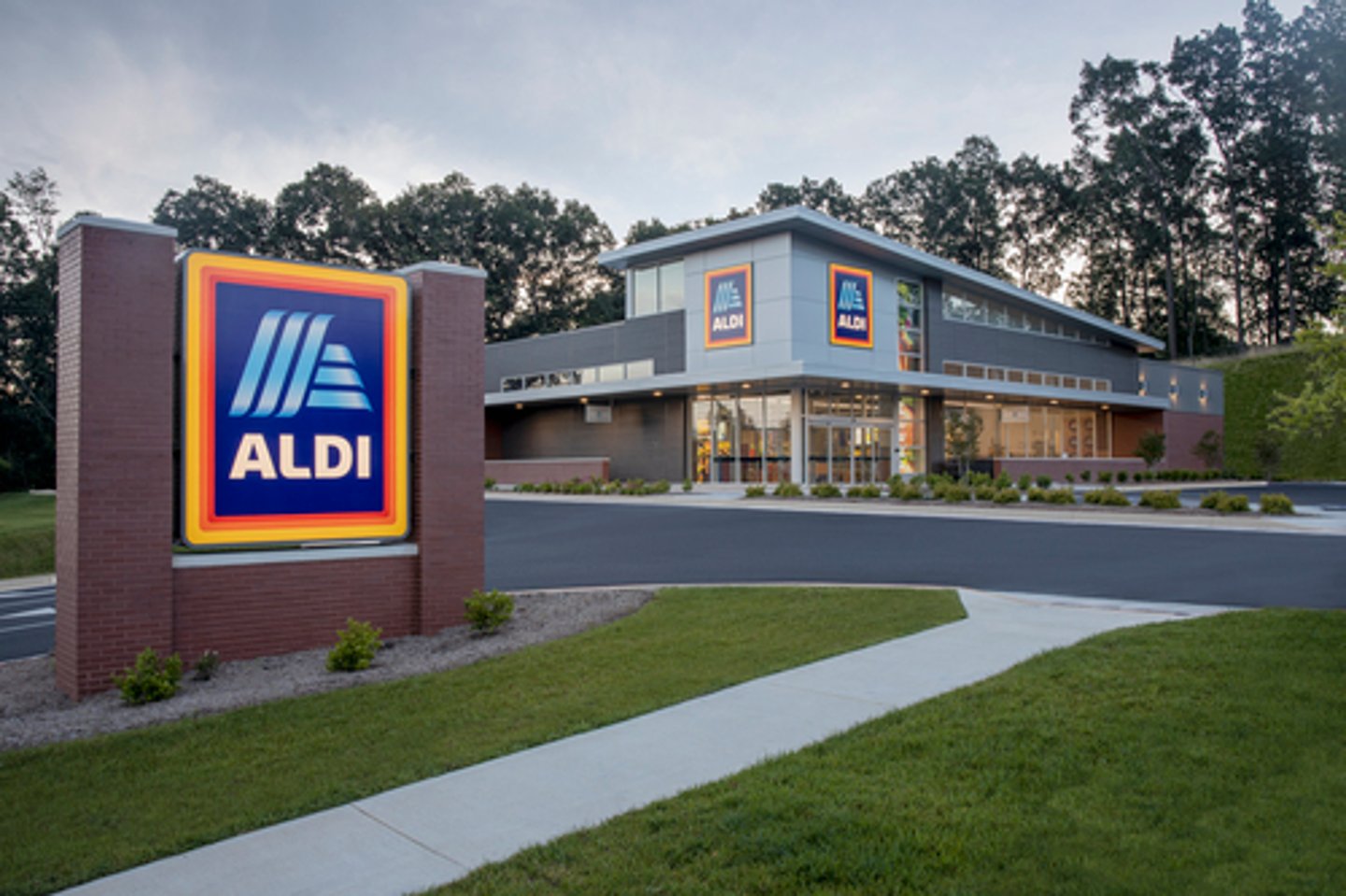Expert Weighs In: Mondelez vs. Aldi in Snack Packaging Lawsuit
Mondelez International and Aldi are now locked in a legal battle in which the former claims the ever-expanding grocer blatantly copies its snacks and sells the product in packaging that is likely to “deceive and confuse customers.”
At the heart of the legal action by the snack food conglomerate are well-known branded products, including Oreo and Chips Ahoy cookies, Wheat Thins, and Premium Saltine Crackers. Aldi sells similar products under its own brand names in packaging that resembles that of national brands.
To sort out the legal issues in this unusual lawsuit that has a major product supplier suing a major retailer, Store Brands spoke with Melanie King, an intellectual property litigator with the law firm Armstrong Teasdale. King offered insight into the lawsuit, discussed the legal claims being made by Mondelez, and discussed how Aldi could defend itself.
STORE BRANDS: What are the core claims that Mondelez is making against Aldi?
MELANIE KING: There are two claims Mondelez is bringing. One is trade dress infringement, and the second is a dilution claim. Anytime we talk about trade dress, trademarks, or service marks, this refers to things on a product that serve as a source identifier. This could be a business name or product name that sets a product apart from other products and indicates that it is a particular brand. This can include the package it comes in, the appearance of the product itself, it can be colors, it can be fonts, etc. Something that's important to keep in mind when we talk about trademarks as opposed to copyrights or patents is that copyrights and patents are focused on protecting you as the creator and your creation, and making sure that no one is stealing your work. When we talk about trademarks and trade dress, the focus is on protecting the consumer to make sure they are getting the product they think they are buying. Step two is what the defendant is doing. Is what they are doing confusingly similar to that trade dress such that a consumer would look at it and be deceived, misled, or confused into believing that it is, in fact, a Mondelez product?
SB: And what about the dilution claim?
MK: There have been a lot of brands that have tried to bring a dilution claim and failed simply because they're not famous enough. It has to be a household name product, and I think Oreo has a good chance of proving that it's a household name product. But because this is based on the trade dress, it can't just be “Do you know Oreos?” There needs to be trade dress in the packaging that is recognizable. If they can prove that step, then the focus is no longer on consumer confusion, and it is more akin to the copyright and patent idea of you being able to protect your work.
SB: Basically, Mondelez is not suing Aldi about what’s in the bag, but the bag itself?
MK: That’s right. When we’re talking about trade dress, we are only talking about the packaging in this case. But when you have a trade dress case, you cannot be general and just talk about the overall look or color of the package. The company suing needs to be specific in its claims and talk about things like the positioning of the product on the package, fonts, and if there are any other design elements that are similar. Ultimately, they have to prove that the Aldi packaging is confusingly similar. But as far as the recipes or the chemical makeup of the product, those are things that we would talk about potentially in a patent protection case.
SB: How difficult is it to prove that consumers are being deceived?
MK: It’s not difficult in the sense that you don’t have to prove actual confusion, but it is helpful if there is confusion. All that's required is the likelihood of confusion; in that, if Aldi is allowed to continue what they are doing, are consumers likely to be confused? There could also potentially be a scenario where there could be confusion, but the consumer likes the Aldi product better. There would still be confusion, but the consumer would never tell [Mondelez] about it.
SB: Does it matter if the retailer in question does not sell the product or brand, but is selling their version of a product under their own brand?
MK: It matters in a couple of different ways. For example, if I were in Walmart, I would be expecting to see name brand products and maybe also the Walmart brand version of those same products. Sometimes those products are right next to each other, and other times they are separated on the shelf. Shoppers are more aware that Walmart carries both products. One of the best arguments for Aldi is that they are Aldi and are known for selling private label versions of name brand goods. People who shop Aldi regularly are well aware they are not getting name-brand versions. The packaging is not telling them they are getting Oreos, for example, but the Aldi version of the product.





